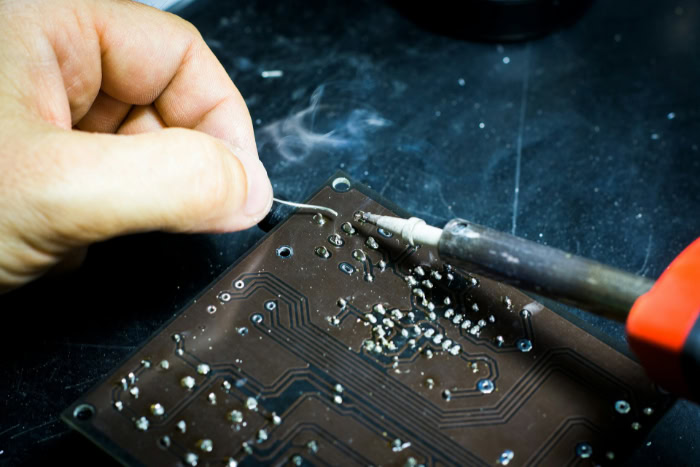How Industrial Efficiency Inspires Your PC's Performance

Have you ever wondered where the technology in your gaming PC or smartphone comes from? While we often focus on the latest consumer gadgets, many core principles that contribute to our hardware's power and efficiency are born in demanding industrial environments. From factory automation to large-scale data processing, industrial tech serves as a substantial testing ground for concepts that gradually influence the products we use every day.
One of the most intriguing examples of this “industrial-to-consumer” process can be seen by looking at the science behind precision sorting systems, like the technology used in aerodynamic grain dryers from Metra, and developments in data management.
Lessons from a Different Field: Purity and Efficiency
To explore this, let’s consider an example from a different field. In large-scale industrial applications like modern farming, efficiency and purity are paramount.
The goal is to process huge volumes of material, separating the valuable product from unwanted debris with minimal waste and energy usage. For example, some advanced grain cleaning systems employ carefully managed airflows to sort materials by density and size, achieving high levels of purity.
The engineering needed to achieve this level of precision and efficiency is complex. The principles they apply, such as low-energy operation and high-throughput sorting, share similarities with major challenges in the world of computing.
How This Applies to Your PC
At its core, the challenge is similar: how do you sort valuable data from digital “noise” or process information as efficiently as possible? The hardware and software inside your PC employ analogous principles.
- Data Cleaning and Antivirus: Your antivirus software acts like a digital grain cleaner. It scans millions of files, using sophisticated algorithms to sort safe data from malicious code (the debris). The goal is to achieve near-perfect purity, ensuring your system remains secure and runs smoothly.
- Power Efficiency (Performance-per-Watt): Many industrial equipment sites highlight their products' “low-energy” design. This is one of the biggest goals in modern computing. Companies like Apple with their M-series chips and NVIDIA with its GPU architectures constantly strive to deliver more processing power while consuming less electricity. This same “do more with less” principle drives innovation in both industrial machinery and consumer electronics.
- Data Integrity and ECC Memory: In professional workstations and servers, Error-Correcting Code (ECC) RAM is used to ensure data purity. It detects and corrects single-bit memory errors, preventing data corruption. This is a direct parallel to an industrial system that guarantees the purity of its final product.
The Future of Consumer Tech is Industrial
As our digital lives become more complex, the need for efficiency, security, and data integrity only grows. The next time you run a virus scan or enjoy the long battery life of your laptop, consider that the engineering philosophy behind it may draw inspiration from unexpected sources.
The relentless industrial drive for efficiency and purity continues to shape the next generation of consumer technology, making our devices faster, safer, and more reliable.


